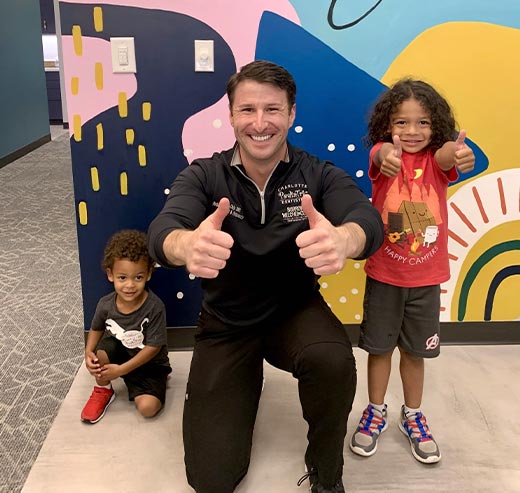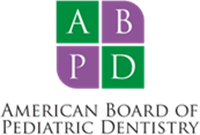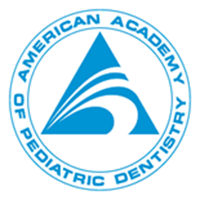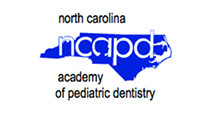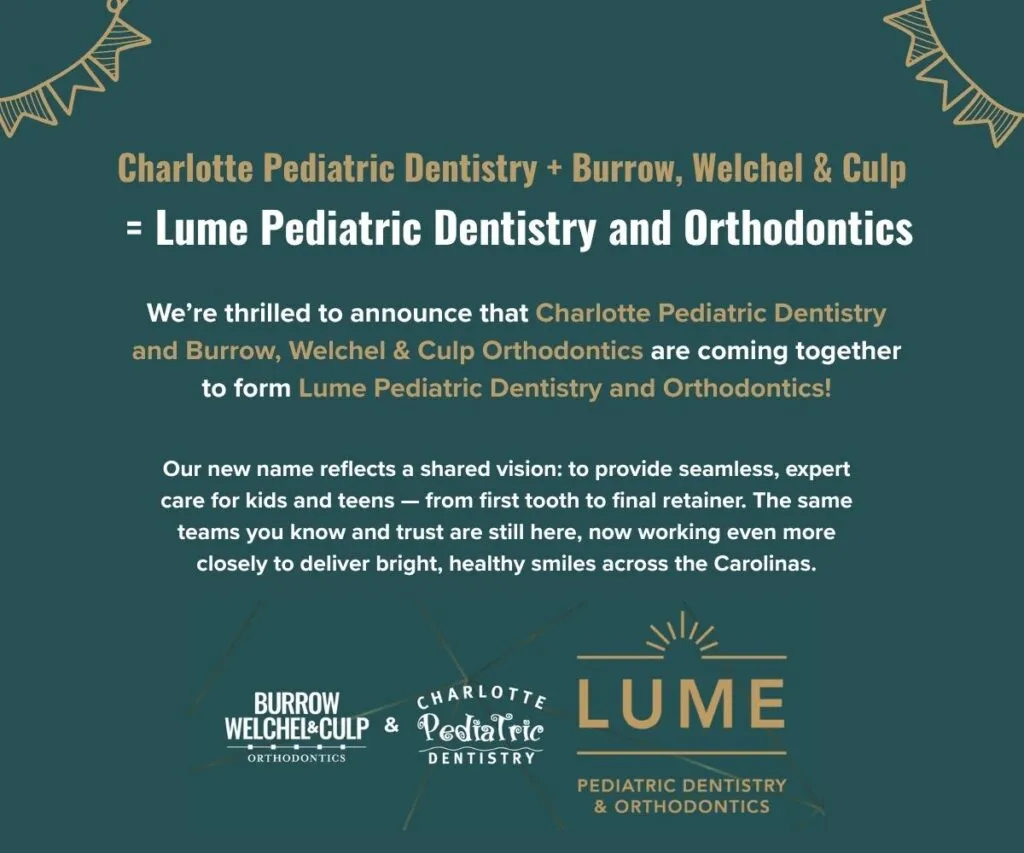If you had to guess the #1 chronic childhood illness affecting US children, would you guess tooth decay? Most parents wouldn’t, so you’re not alone if that wasn’t your guess.
There’s good news - tooth decay can be treated.
As parents, we have a lot to worry about when it comes to our children - grades, emotional health, relationships, extracurricular activities, helping with homework, etc. Though your child’s dental health needs to be a high priority, it doesn’t have to be a chore. Establishing a good dental care routine early in your child’s life will save them (and you) major problems in the future.
Start Young
Poor oral health and tooth decay are linked to more than just cavities. Studies show that tooth decay in children causes loss of sleep, mood swings, pain, problems hearing, speaking, and eating, and increased difficulty with schoolwork and learning.
We can’t stress the importance of early oral health care enough. Your child should start seeing a pediatric dentist within 6 months of the first tooth eruption. For example, if your child’s first tooth comes in at 4 months, you should take them to the dentist by 10 months.
Lead By Example
One of the best things you can do for your child’s oral health is to set the bar for a solid oral care routine. Young children are impressionable, hence the saying “monkey see, monkey do”. If your child witnesses the importance of dental health in your routine, they are more likely to participate and make it part of theirs. You can get creative and make it fun for them, too!
Floss, Floss, Floss!
Without floss, you only clean 30% of the tooth’s surface. You can floss your child’s teeth as soon as the teeth that have erupted touch together. This will prevent cavities from forming between the teeth. Flossing your child’s teeth before bed as part of a routine will not only prevent cavities, but will also help them incorporate flossing into their own routine as they are older and more independent.
Sharing Isn’t Always Caring
Bacteria from tooth decay is very contagious. Even if you have recently been given a clean bill of oral health from your dentist, it is best not to share food or drinks (or your toothbrush) with your little one. Doing so increases the risk of bacteria transfer from you to your child or vice versa.
Rinse Between Meals
Drinking fluoridated water between meals and snacks can help ward off cavities until you can brush in the evening. Though rinsing and drinking water is not a substitute for brushing, it can help keep cavities at bay by rinsing out food particles that would otherwise be settling into the teeth.
Limit Sugary Drinks & Snacks
One of the biggest hazards to your child’s tooth enamel is the drinks they consume on a daily basis. As a parent, it’s important that you provide your child with drinks that will be healthy for their teeth, rather than damage them. Charlotte Pediatric Dentistry has put together a list of the top drinks for your child to avoid, as well as healthy alternatives.
If you give your child beverages other than water, it is best to limit consumption time in order to keep cavities away. Dilute sugary juices with water. Take away the cup after a reasonable amount of time. Only give sugary treats sparingly, such as on special occasions. Have your child rinse with water after consuming sugary foods and drinks.
Drinks that Damage your Child’s Tooth Enamel
When selecting what your child is washing down their snack or meal with, make sure to consider how healthy it is for their teeth. Children are more susceptible to tooth decay because their enamel isn’t fully formed yet. Because of this, Charlotte Pediatric Dentistry recommends having your children avoid these top offending drinks:
Soda
Why is soda one of the worst drinks for your child’s teeth? It combines sugar and acids - both of which are harmful to tooth enamel. Acid eats away at the enamel, while sugar builds on the teeth to breed cavities.
Sweet Tea
Just like soda, sweet tea is chock-full of sugar. These sugars quickly lead to tooth decay. Bacteria accumulates on the teeth and begins to eat away at the enamel.
Lemonade
In addition to sugar, lemonade is loaded with acids that wear down tooth enamel. Acids temporarily soften tooth enamel while drinking it, and exposes your teeth to more damaging amounts of acidity.
Energy/Sports Drinks
Before you allow your child to drink a Gatorade with their lunch, you should know that these “power” drinks are often more harmful to tooth enamel than soda or juices. According to a study done at the University of Iowa, energy and sports drinks, like Red Bull and Gatorade, eroded enamel more than soda or fruit drinks.
Coffee
While coffee is more often an adult beverage, it’s important to know the risks it brings to your child’s teeth if they drink it. Coffee breeds the same bacteria that leads to tooth decay and cavities. Coffee also easily stains teeth because of an ingredient called tannins, which are a type of polyphenol that breaks down in water.
Healthy Drink Options for Your Children
Instead of giving your child soda, tea, or juice to drink, try giving them a healthier alternative. The best drinks for dental health are:
Water
It’s no surprise that water is one of the best options for your children’s teeth. Water washes away food residual and bacteria to help stave off tooth decay. Drinking enough water also ensures that the body is hydrated enough to produce saliva, a crucial defense for oral health.
Milk
Packed with calcium, milk helps strengthen teeth and bones. Your child’s tooth enamel is fortified when they drink milk. Your child should still rinse their teeth with water after drinking milk because it does have natural sugars that lead to tooth decay.
Green Tea
While sweet tea should be avoided, brewed green tea contains compounds called polyphenols, which help fight bacteria. Avoid adding sugar or honey in the tea as this will cancel out the benefits of the polyphenols and be a risk to your child’s tooth enamel.
Consider Dental Sealants
Dental sealants are a safe preventative measure for teeth that are most susceptible to cavities. Again, sealants are not a substitute for proper brushing and flossing, but may help children who have had trouble with tooth decay and cavities, despite following a healthy oral care routine. Your pediatric dentist can evaluate your child and see if this route is suitable for them.
How to Prevent Tooth Decay
As soon as your children start teething, it’s time to start thinking about their dental hygiene and the prevention of tooth decay. When a cavity, or hole, develops in a tooth, this is the result of tooth decay. The process of tooth decay starts with an infection of acid-producing bacteria in a child’s mouth. Charlotte Pediatric Dentistry has tips on how to help parents prevent the tooth decay process in their children!
4 ways to stop cavities in their tracks
At two years old, most children have a mouth full of teeth. It is imperative that as a parent, you make sure you’re taking steps to prevent tooth decay.
Brush regularly
Your child’s teeth should be brushed for two minutes, two times a day. Teach your child good brushing habits by letting them brush their own teeth, but until they are seven or eight years old, you should help your child brush.
Use fluoridated water and toothpaste
Fluoride, a natural mineral, is added to water and toothpastes to help prevent tooth decay. Check to see if your tap water is fluoridated and make sure that your child is drinking it regularly. You can find fluoridated toothpaste at your local supermarket, most often flavored for your child’s enjoyment.
Don’t share utensils or cups
Did you know that bacteria can be passed through saliva? Parents may not think about it, but children’s cavities can start by the sharing of spoons or cups when feeding. This also applies to cleaning off a pacifier in your mouth before giving it to your child.
Don’t skip dentist visits
Most importantly, schedule regular appointments with your child’s pediatric dentist in Charlotte. Twice a year, take your child for dental examinations to check for decay and remove dental plaque.
Make Sure Your Children See Your Pediatric Dentist Regularly
Following a consistent dental care maintenance plan with your pediatric dentist will set your child up for oral health success. Pediatric dentists specialize in the specific dental needs of children, and focus on developmental health. See for yourself why visiting the pediatric dentist is just what your child needs for a happy, healthy future without cavities.

